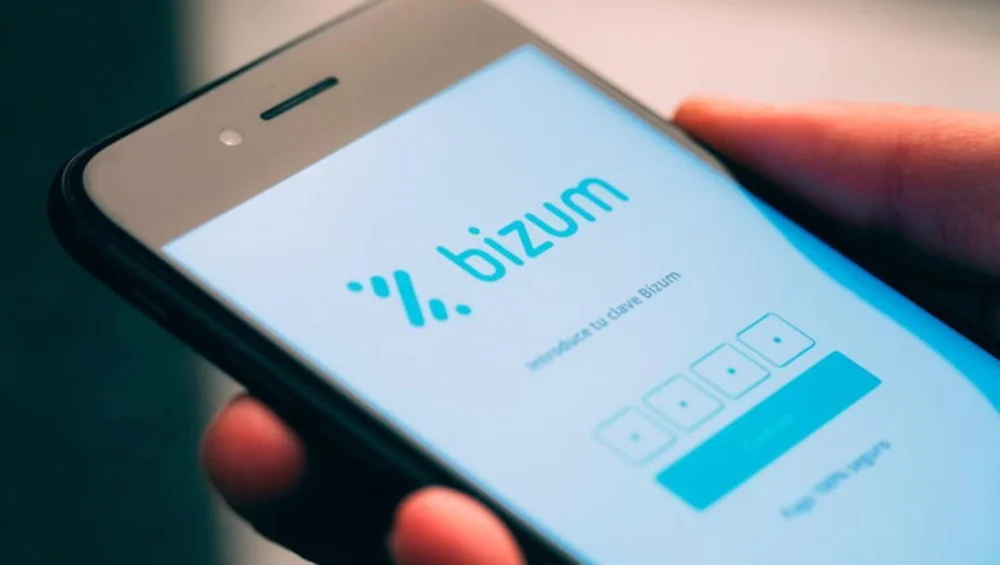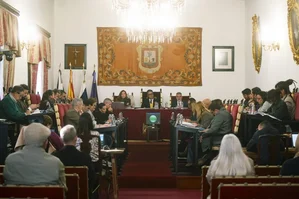Spain’s Tax Authority Hacienda Now Allows Tax Payments via Bizum

In a significant move to modernize and streamline tax payments, Spain’s tax authority, Hacienda, has announced that for the first time, taxpayers will be able to make their tax payments using the popular payment service Bizum. This development is set to make the process of paying taxes more convenient and efficient, especially for the growing number of users who rely on Bizum for their daily transactions.
What is Bizum?
Bizum, with over 27 million users in Spain, has become a ubiquitous payment method for everything from splitting bills with friends to making business transactions. Its ease of use and widespread adoption have made it a favorite among both individuals and businesses.
How Will Bizum Payments Work for Taxes?
Starting this year, taxpayers will have the option to use Bizum alongside traditional payment methods such as bank transfers and credit cards to make additional tax contributions. This new payment method is part of Hacienda’s efforts to adapt to the changing financial habits of the population and to reduce the administrative burden associated with tax payments.
Importance for Expats and Residents
For expats and residents in Spain, this change means that managing tax obligations just got a lot simpler. Given that Bizum is integrated into many Spanish bank accounts, users can now initiate tax payments directly from their mobile devices, eliminating the need to navigate complex banking systems or visit physical branches.
Tax Compliance Reminders
While the introduction of Bizum as a payment option is a welcome development, it is crucial to remember that all income received through Bizum, regardless of the amount, must be declared in the annual tax return. For freelancers and self-employed individuals (known as autónomos), every transaction, including those via Bizum, must be accounted for as part of their earnings for the IRPF tax[1].
Landlords receiving rent payments through Bizum also need to declare these as part of their taxable income. Failure to report these payments can result in significant fines, ranging from €600 to 50% of the undeclared amount[1].
Broader Context of Tax Reforms
This move is part of a broader set of changes aimed at modernizing Spain’s tax system. Other recent initiatives include tax deductions for young people moving to rural areas in the Community of Madrid and new regulations in the rental market that affect both landlords and tenants[2][3].
In summary, the inclusion of Bizum as a payment option for taxes marks a significant step towards a more user-friendly and efficient tax system in Spain. As Hacienda continues to adapt to technological advancements and changing financial behaviors, taxpayers can expect more streamlined and convenient ways to manage their tax obligations.
Related Stories

Municipalities in Spain Transfer Contracting Competencies to Regional Government
In a bid to enhance efficiency, Spanish municipalities are transferring public contracting competencies to regional governments, aligning with the Digital Spain 2025 agenda for streamlined processes.

Defensor del Pueblo Initiates Investigation into YouTube Channel Complaint by Unidos x Laredo
Spain's Ombudsman investigates a complaint by Unidos x Laredo against a YouTube channel, highlighting the role of the Defensor del Pueblo in protecting rights.

Spanish Government Faces Setback as Congress Rejects Omnibus Decree, Impacting Pensions and Transport Subsidies
Spanish government's key decree on pensions and transport subsidies rejected by Congress, impacting millions and sparking political fallout.

La Laguna City Council Approves €226 Million Budget for 2025
La Laguna City Council approves a €226 million budget for 2025, focusing on infrastructure, social programs, and cultural events to enhance city life.

Free Parking Proposal for Residents in Specific Zones Gains Traction in Spain
Spain's Izquierda Unida proposes free parking for residents in specific zones, aiming to ease urban living costs and align with EU's sustainable mobility goals.